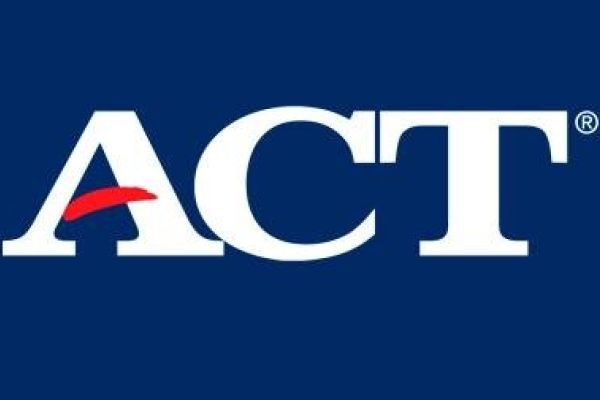To Stress or Not to Stress Over the Upcoming ACT Testing?

UPCOMING ACT TESTING — Students at Central High School are stressing over the upcoming standardized testing.
February 2, 2016
Standardized testing can be an intimidating thing for several high school students. Students find themselves stressing and fretting over test scores, waiting to find out if they made the cut for their dream university, or wondering if they are even smart enough to make it into medical school.
Across the state of Tennessee, only 16 percent of students are ready to take on the workload and stress of college life, and in Hamilton County only 14 percent of students are college ready, according to the ACT College Readiness Benchmarks. The rest of these 86 percent of students are graduating, but, by the standards of the ACT, they’re unprepared for the future that’s ahead of them.
Central High School, with only seven percent of students prepared for college, has some of the lowest ACT scores in the country, only barely towering over Brainerd High School and East Ridge. Central’s graduating class has an average ACT score of only 17, four points short of 21, the score in which scholarships start coming into play. So not only are students deemed unprepared for college, but they also do not have the scores to help them pay for their future.
However, many educators argue that while the ACT may predict a student’s aptitude for college, it does not indicate whether a student should be able to attend college at all.
Senior guidance counselor, Lindsey Ruggles, finds that the ACT may not be the best indicator of a student’s academic capabilities.
“I think it can be a very useful resource and can be very telling, but I don’t think it shows the total picture of a students ability,” stated Ruggles.
For students who are not great test takers, the ACT is an even worse indicator of a student’s ability, especially for students with high GPA’s. Many students with GPA’s above 3.5 score lower than a 21 on the ACT, simply because they are not good test takers. In this way, the ACT is a poor resource for determining college aptitude.
“The ACT is unfair. Some students simply don’t test well, but that doesn’t mean they aren’t extremely intelligent and capable of succeeding in college,” commented Hannah Holmberg, a junior at Central who has taken the ACT a number of times.
The debate over whether the ACT is the best college resource for college aptitude or not has been argued for decades, and with no clear resolution in the future, students continue to find themselves sitting in class, in bed, or at the dinner table, stressing over the ACT.
“I believe that a lot of the stress that comes along with the ACT has to do with anxiety, especially for students who don’t test well. Taking the ACT practice tests can be the best resource for any student preparing the ACT,” shared Mrs. Ruggles.
Students should take the ACT seriously, as it is an important test, but stressing over the ACT will only lower a student’s test scores. Teachers and administrators encourage students to simply relax and take a deep breath when it comes to standardized testing.




